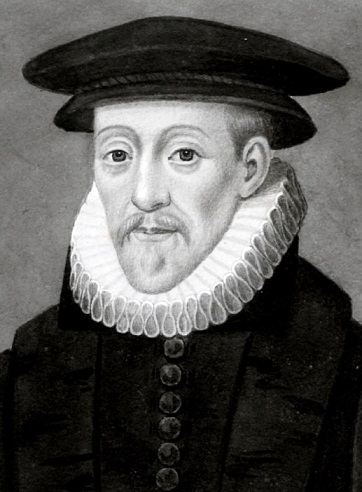Thomas Legge (Thomas Legge)

Educator, Playwright. His Latin tragedy “Richardus Tertius, or Richard III” (1579), was England’s first true history play. Legge changed the course of Elizabethan drama by introducing the nation’s political past to the stage, and by relying on historical sources (Sir Thomas More and Holinshed’s chronicles) for the material. The genre reached its peak with the history plays of William Shakespeare. Legge was born in Norwich, England. From age 17 his life was devoted to Cambridge University, first as a scholar, then as professor of law and administrator. From 1573 until his death he was Master of Gonville-Caius College, and he served two terms as University Vice-Chancellor (1587 to 1588, 1592 to 1593), among several other offices. He was buried in the Caius College Chapel, where his successor John Gostlin erected a memorial to him. The money he bequeathed to Caius was used to build the north side of its front court. “Richardus Tertius” was produced at St. John’s College, Cambridge in 1579 and again in 1582, where it may have been seen by future “University Wits” Robert Greene, Christopher Marlowe, and Thomas Nashe. Although it would not be published until 1844, it circulated in manuscript and was evidently popular in its time. It’s doubtful that it had any direct influence on Shakespeare’s “Richard III” (c. 1591), however. Unlike the Shakespearean super-villain, Legge’s Richard is not deformed and is manipulated by his minions. One other Latin play is attributed to Legge, “Solymitana Clades” (“The Destruction of Jerusalem”, 1577). (bio by: Bobb Edwards)
Born
- January, 01, 1970
- England
Died
- July, 07, 1607
- England
Cemetery
- Gonville and Caius College
- Cambridgeshire
- England

